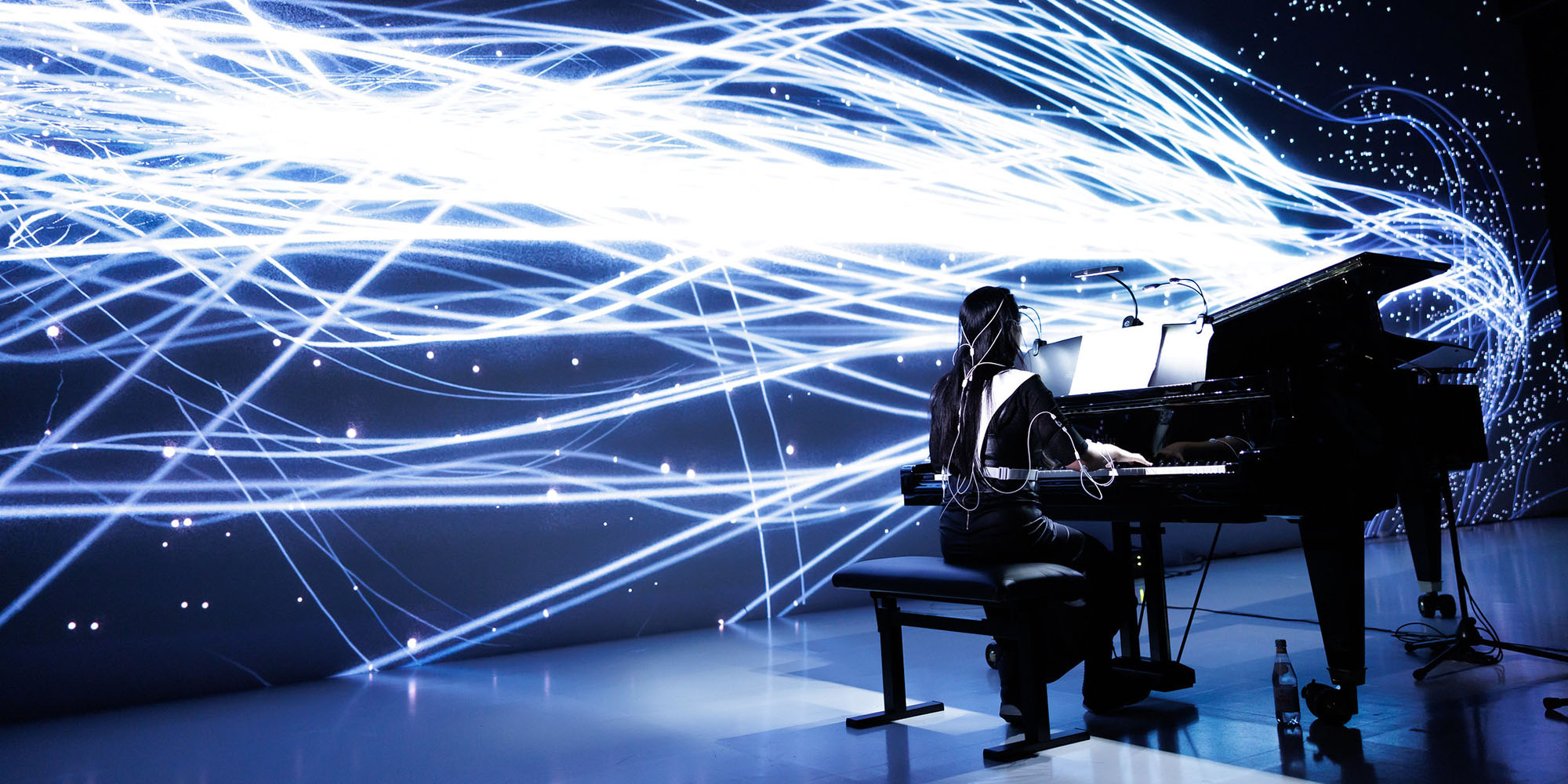
Projects
Projects
-
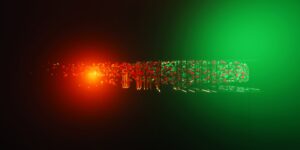
Data Art & Science Project
Art Creates Meaning from Data
How can art create meaning from data? The Ars Electronica Futurelab, in collaboration with Toyota Coniq in Japan, is envisioning “Data Art & Science,” a new interdisciplinary field that incorporates artistic perspectives on future transformations based on data science.
-
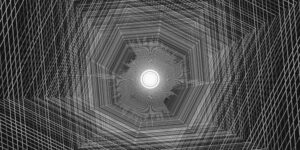
Media Spaces & Generative Art
Art by University Students in Deep Space 8K
2023 marked the 10th anniversary of students of FH OÖ (University of Applied Sciences Upper Austria) Hagenberg Campus working together with the Ars Electronica Futurelab on semester projects in which they creatively explore their approaches to interactive and generative arts.
-
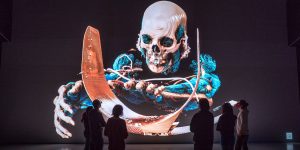
Deep Space 8K EVOLUTION
Ars Electronica’s Most Exciting Experience Space
Three visually stunning dimensions, over 50 million pixels of resolution, and a high-performance tracking system make Ars Electronica’s Deep Space 8K one of the world’s most exciting digital experience spaces – developed, built, and continuously maintained by the Ars Electronica Futurelab.
-

Welcome to Planet B
Playable Climate Futures in Deep Space 8K
E-vehicle or public transport? Nuclear power or renewable energy? Lab meat or vegan diet? The climate crisis challenges us with questions to which there are no easy answers. Important decisions await, and every action we take today has implications far into the future. Wouldn’t it be helpful to test our choices in virtual reality to…
-

Glockner.Luft.Raum
Climate and Weather Data Experience
Glockner.Luft.Raum is an approximately 15-minute data-based generative sequence that makes the complex connections between global climate change and regional weather kitchen in the Austrian Glockner region visible, audible, and tangible.
-
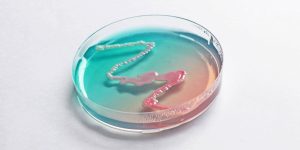
SonoSynthesis
Can Machines and Nature Co-Create Music?
In the new era of creative collaboration, can machines and nature co-create art and music? In the SonoSynthesis project, a team of researchers from the Ars Electronica Futurelab brought together AI, biology, and Deep Space technologies to develop an immersive audio and visual experience.
-

Sounding Letters
Visualized Human/AI Piano Performance
A captivating virtual experience: the program Sounding Letters at Deep Space 8K shows how humans and AI create music together with a 3D piano concert.
-
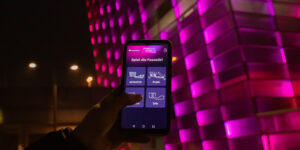
Play the Façade
38,500 LEDs to Spark Public Creativity
The façade of the Ars Electronica Center, with its 38,500 LEDs, has been shaping the cityscape of Linz since 2009. Just one year later, the public was able to take control of the illuminated museum exterior for the first time via the façade terminal. This was followed in 2022 by the new edition – with…
-
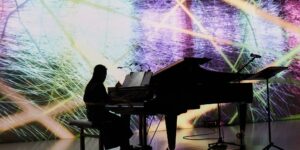
Life Ink
Human Creativity as Immersive 3D Ink
Can the human mind and body become a pen that generates ink to express our creativity? Life Ink explores the inner mechanism of creativity by visualizing brainwaves and body signals as immersive three-dimensional ink – lending color to our thoughts, feelings, and creative sparks.
-

Re-imagining the mobility of the future
Experience Lab for Open Dialogue
Re-imagining the mobility of the future is a collaborative project encouraging open discussions about what future mobility could mean. Presented at the Ars Electronica Festival 2022, it encouraged visitors to share their views on future technology and ideas for their ideal mode of transportation.
-
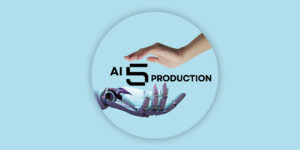
AI5production
Digital Transformation in Manufacturing
Ars Electronica Futurelab, Ars Electronica Festival and the Ars Electronica Center’s Future Thinking School are part of a large-scale pilot project involving more than a dozen Austrian research institutions: AI5production supports manufacturing companies in Austria in matters of digital transformation.
